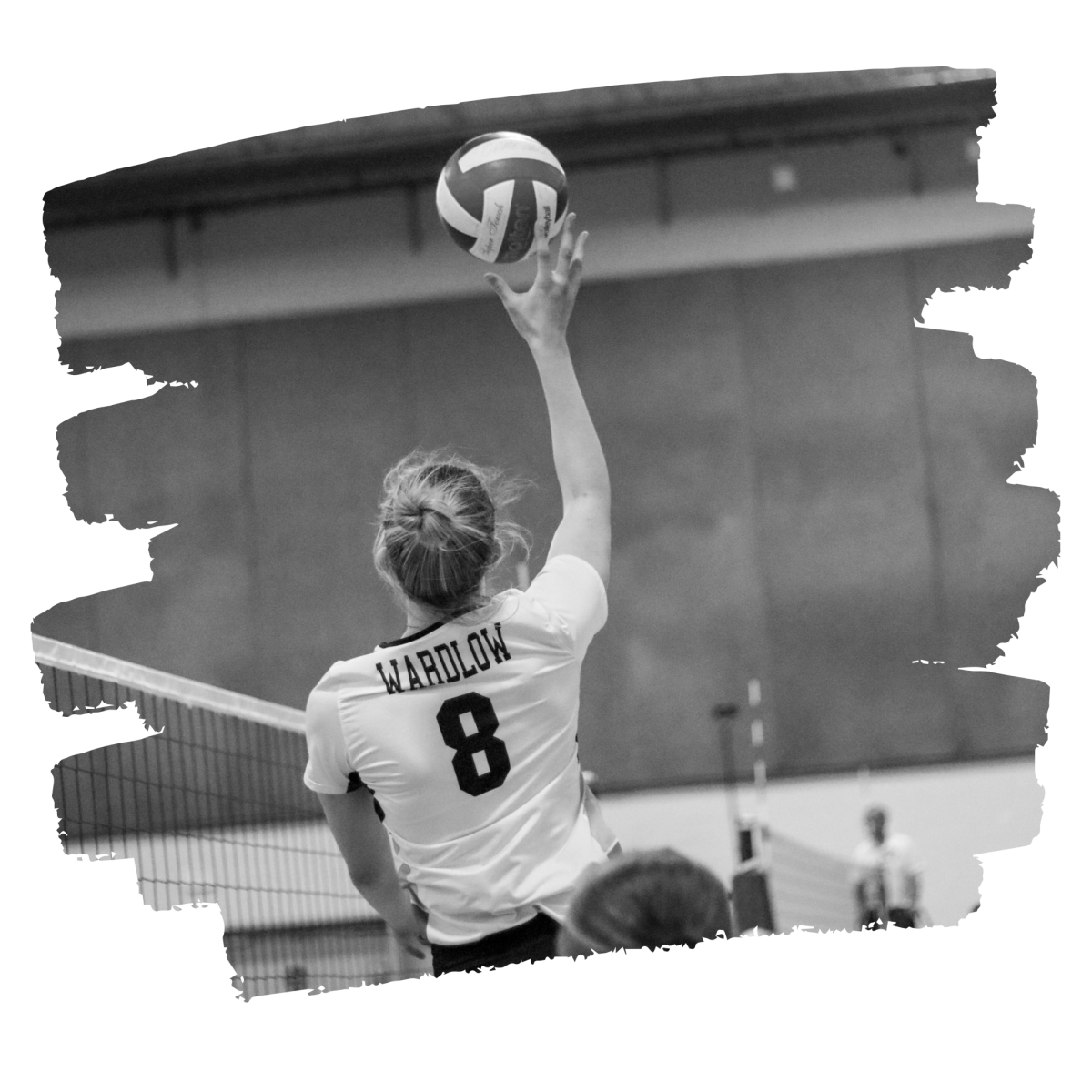OPINION: How to be a Better Listener
March 24, 2018
I’m the kind of person who likes to understand how people think and why they think a certain way. In order to reach this understanding, one must ask genuine questions, be curious, listen with intention to the answers and hold off on judgements.
Traditionally, this type of conversation is done in-person, but with the advent of the internet and the fevered rise of social media, meaningful dialogue like this now happens in an online platform. Instead of meeting face-to-face to converse, one can simply type up their strongly held belief and send it out into the world with one click. There are many pros to this mode of discourse: people across the world are now connected; quick communication keeps us informed; it is now easier than ever to express yourself to a wide audience.
But with each of those positives comes a negative: false information can spread like wildfire and people can now hide behind a username and screen to send out hateful messages. While I’m not here to argue for or against this mode of communication, I do feel that young people today are missing a serious interpersonal lesson due to nature of online communication: the power of listening.
Ask anyone what they think is the most divisive topic of conversation in 2018, and you’re bound to get an earful about politics. Politics make people uncomfortable, because not everyone knows how to handle a situation if your personal political views get attacked. What is your default setting if you feel threatened? Do you run away and hold your tongue? Do you fight back and defend yourself and your views? Do you get aggressive? In today’s society, we have primarily learned to have one belief and defend it with all of our energy, but we don’t know how to listen when we aren’t in agreement with others.
Junior Yar Madit thinks that respect is key when conversing with someone who holds a different political opinion than your own. “When you get into an argument about politics, it can get heated really fast because some people feel so strongly about their opinions.”
Madit says to try to remain calm and when they are done presenting their side, respond with: ‘I respect your opinion’ and [then try to] have a subtle debate about it instead of an argument.
Being a good conversationalist means speaking your mind and carrying on a conversation, but what’s a good conversation if neither side is listening in order to preserve their self-procured, untouchable, perfect views? Without listening to what the other person has to say, the conversation isn’t going anywhere and no one will feel as though they were heard. It’s especially easy with the technology that we have today, to stay as far away as possible from people with opposing values on social media. Facebook, Instagram, and definitely Twitter come into play when we discuss the use of trolling on the internet.
A social media troll is a person who deliberately makes an offensive or provocative online post with the goal of hurting someone or upsetting someone and attempting to get a rise out of them.
I want to believe that culture has shifted to a more understanding and cooperative community, but we are learning how to not face the facts but to subtly ignore and dismiss. A fantastic way to approach people with conflicting opinions and views from your own is to ask why they think the way they do, not in a barbaric manner but in a way that reflects genuine intrigue.
There have been many theories as to how we should approach political topics and how to have a considerate conversation. The idea that seems to continuously reappear and the idea that is supported by current Southeast students is that high schools should better prepare students for such confrontations in the real world.
“We don’t necessarily learn how to debate about politics. If it comes up, it will be in our history class, but most of the time we talk about the dead presidents and what has happened in the past. We don’t really talk about how to prevent conflict with current events, specifically with political debates. Especially during the presidential election, people have their opinions and they’re really strong about them and sometimes people don’t know how to debate about it in the right way. It just makes it harder to talk about politics because people don’t want to get into those heated arguments.” said Madit.
Nebraska State Senator Patty Pansing Brooks also agrees with Madit in the sense of the need for other classes that focuses on controversial topics to prepare us for the real world, “having gone to law school they really teach you how to argue both sides of an issue so maybe there needs to be more speech and debate courses because that ability to see and truly argue both sides of an issue.”
Pansing Brooks goes on to explain her reasoning to more extensive training courses, “Nothing is ever really black and white there are ALWAYS two sides of an issue. I would just say to be engaged and listen! But that doesn’t just mean listen for two seconds when somebody talks and then you dismiss them, but truly listen, open your mind, open your heart because that’s what we’re talking about, humanity, compassion towards others, taking time to understand.”
In a TEDXLincoln talk, Kim Roth Howe did a presentation called (How to Find the Purple in a Red and Blue Time.) I was delighted by the three points that she tied together at the end of her speech on how to create a well developed conversation. Number one, you must create a safe environment by “surprising them with safety.” Number two, don’t ask the surface questions but dig deeper and “move to the heart.” Number three, don’t leave out your own thoughts, but remember to contribute in a respectful manner and “co-create with conviction.”








